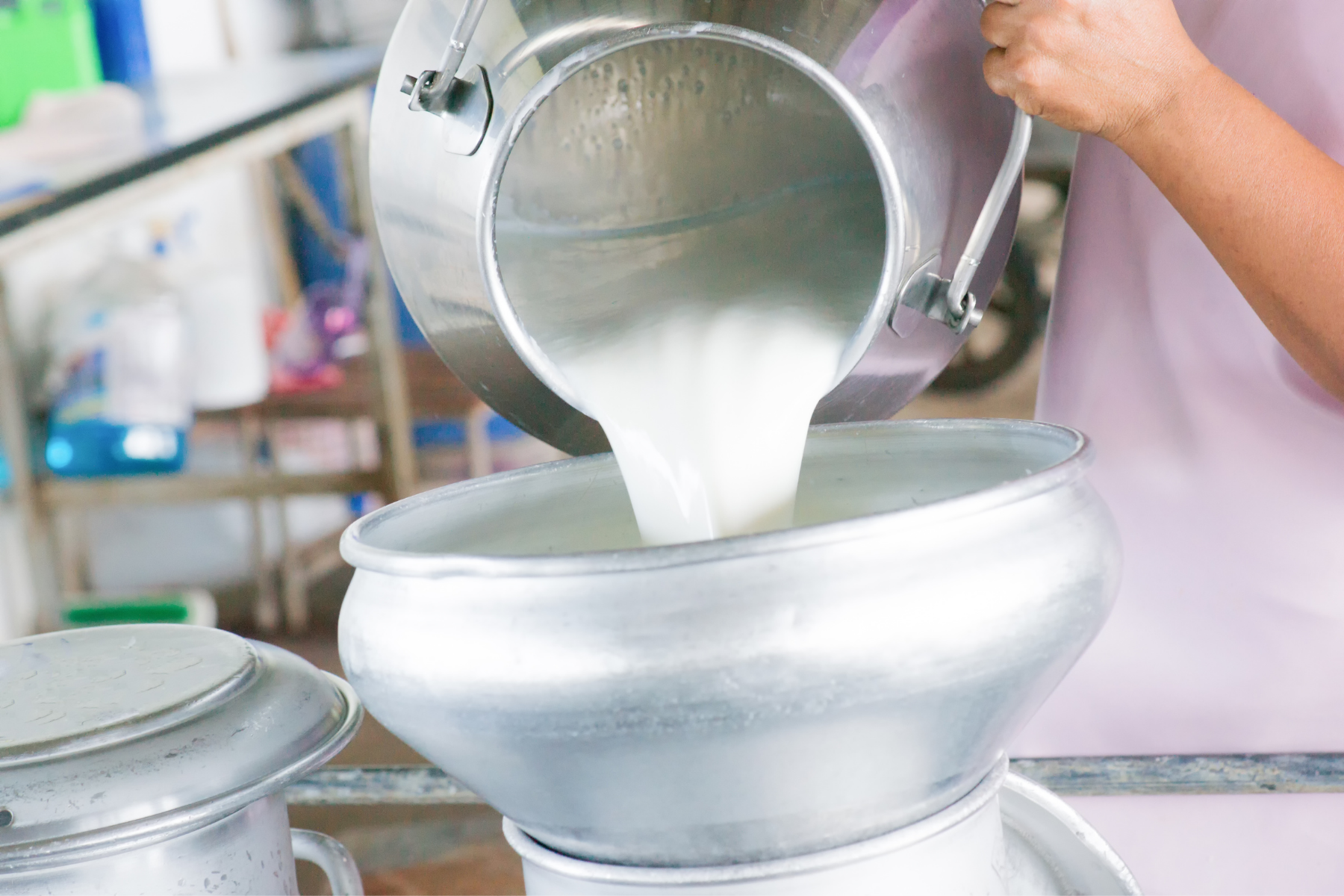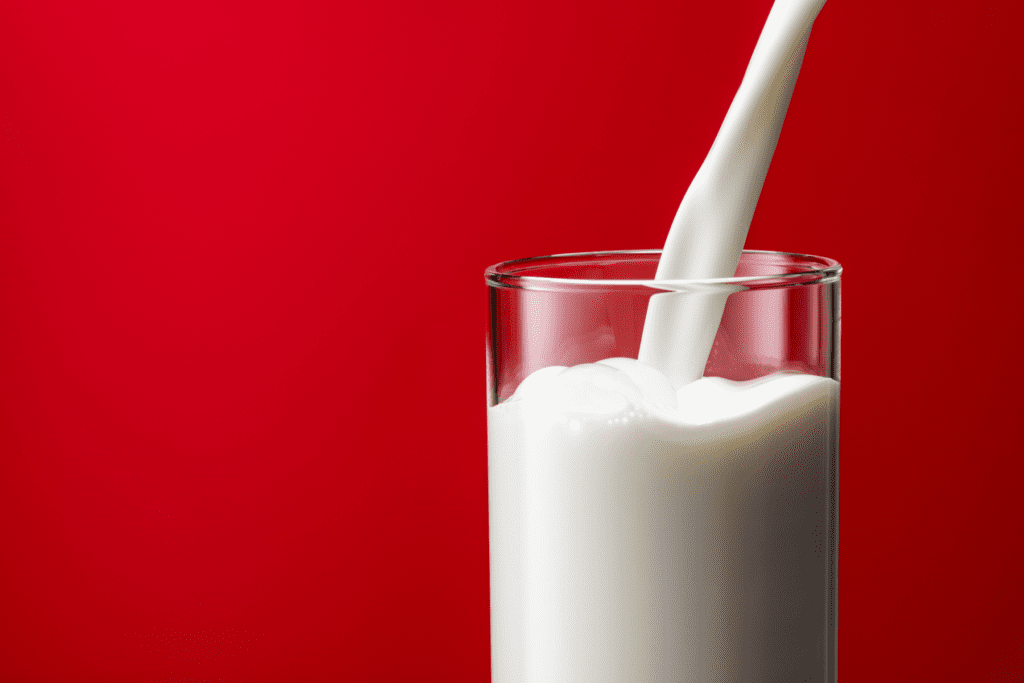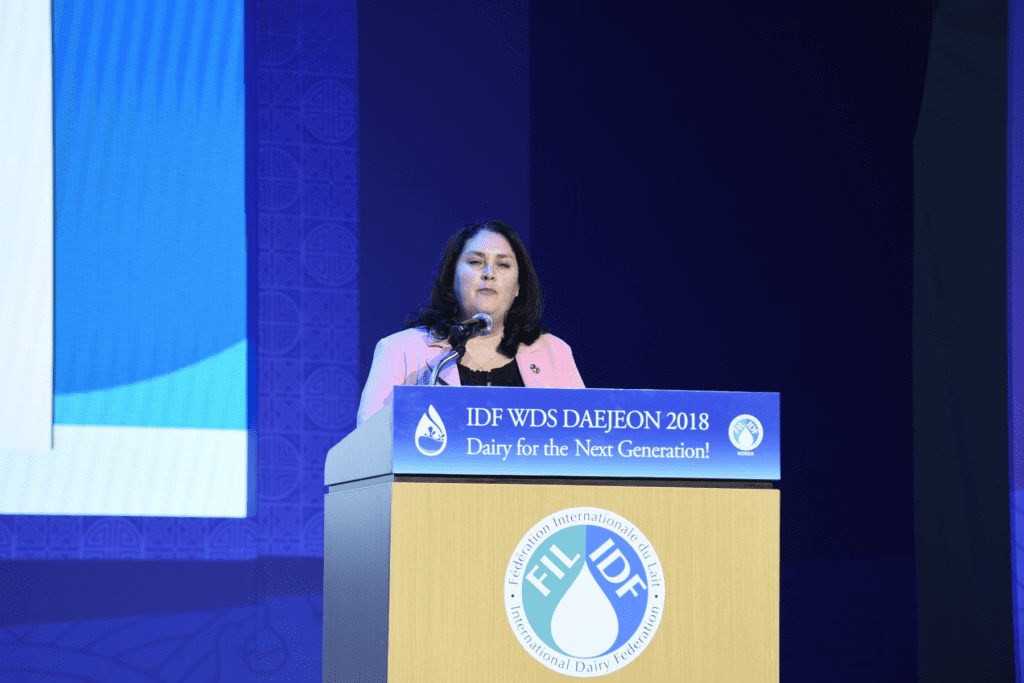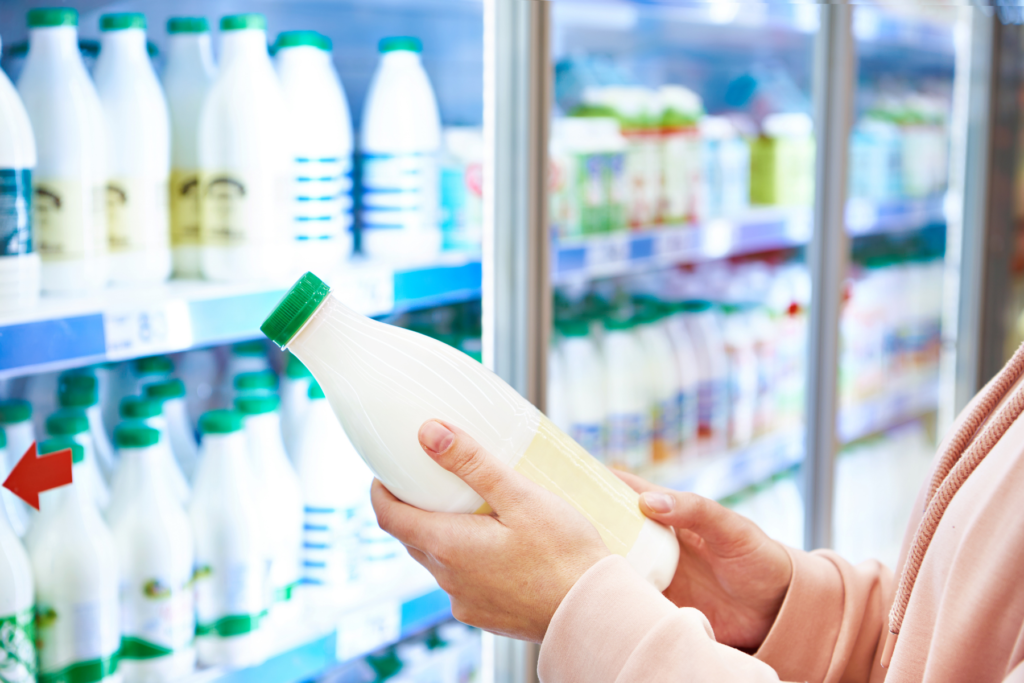Like many other sectors, the dairy supply chain has been disrupted by the COVID-19 pandemic. Unfortunately, adapting milk production due to a serious drop in market demand resulting from the abrupt albeit temporary closing of restaurants, hotels and school, is not an easy and quick thing to do.
Despite strong demand for basic foods like milk and dairy products amid the coronavirus pandemic, the milk supply chain has seen a host of disruptions that are preventing some individual dairy farmers from getting their milk to market. When there is no place for that milk, farmers have no choice but to dispose of that raw milk. This loss of revenue for farmers is not specific to a system or a continent but can happen anywhere on the globe. But why is this happening?
Demand down amongst typical bulk-buyers of dairy products
Under usual circumstances, restaurants, hotels and schools buy milk and dairy products in huge quantities. Having been forced to close quickly due to government mandated restrictions to protect public health, they no longer require (albeit temporarily) their significant supplies of milk and dairy products.
You cannot “shut off” a milk cow
Despite this temporary drop in need, milk is something that needs to flow daily. A dairy cow needs to be milked every day. There are regular dry periods when dairy cows are not milked, but once a cow is being milked, to stop milking them means making the cows uncomfortable and possibly infected. Since farmers cannot store a lot of raw milk for long without some kind of processing, dairy processors are therefore faced with a situation whereby they have more milk than they can process. Farmers have no option than to discard the excess because they cannot do anything else with it.
Although farmers cannot “shut-off” cows, there are some strategies farmers can take to decrease milk production such as the earlier dry-off of cows, reducing the quantity of concentrated feed per day and culling lower producing cows. Strategies aimed at reducing milk adopted in the short term can have significant long-term implications in terms of animal health, production and ensuring that animals are in place to meet the future demand for milk once the COVID-19 crisis is over
Very few alternatives
The dairy sector has been hit particularly hard by this crisis because unlike other agricultural commodities, the products, particularly fresh milk, are highly perishable – raw milk can’t be frozen like meat, or put in a silo, like grain.
Quantities bought at retail level by consumers do not replace the wholesale requirements needed by the food service.
Changing or adapting processing is not always an option. It should be noted that processing plants are adapted to the type of products and specific size/quantity (a family pound of butter is not manufactured by the same equipment as the gallon of butter required by a restaurant).
COVID-19 impact differs in individual countries
Milk production in northern hemisphere countries is at or near to the seasonal high while in the southern hemisphere production is nearing its seasonal low. The impact of lower sales to restaurants and hotels also depend on the share these bulk-buyers have on total sales. Meals away from home habits are different from country to country. The impact of COVID-19 lockdown is therefore different in various countries.
Individual dairy companies also differ in their capacity to process excess milk into long-life products such as cheese, butter and milk powder and to a lesser extent into UHT milk with a longer shelf-life.
What can we do to help?
• Consumers can continue to support dairy farmers and buy nutritious milk and dairy food. It is possible to buy and freeze cheese and butter too.
• Support donation of milk and dairy products to local food banks and vulnerable persons.
• Please do not be judgmental of dairy farmers. Remember that the crisis was unexpected and is creating disruptions that are not the farmers’ fault. We are all doing the best we can to adapt to the situation while providing an essential service for society.











